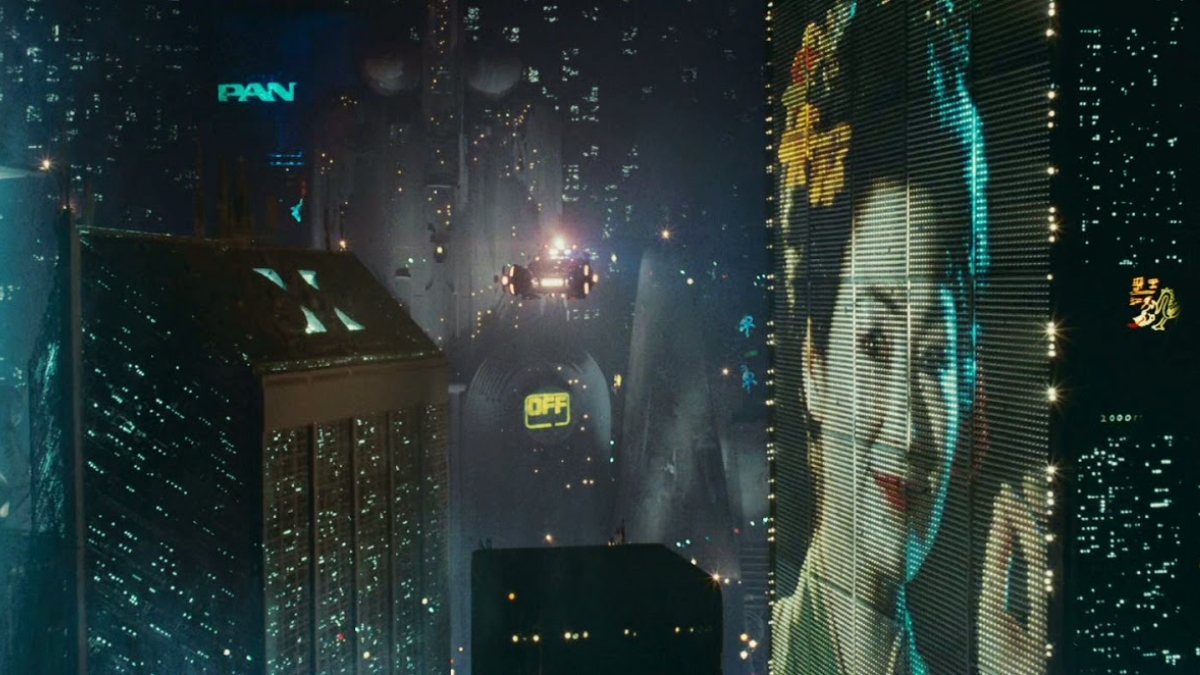British Ministry Is Teaming Up with Sci-Fi Writers to Prepare for a Dystopian Future

Imagine a world where self-driving cars are everywhere, but a massive electronic failure leaves thousands stuck inside them. It’s a scenario that even Elon Musk might find terrifying.
This unsettling future was the focus of a recent event in Britain, where science fiction writers, researchers, and policymakers gathered to prepare for various crises, from pandemics to cyberattacks.
The event was organized by RBOC (Resilience Beyond Observed Capabilities), a network funded by groups like the Ministry of Defence (MoD), The Guardian reports. Emma Newman, a sci-fi author, shared how using character-driven stories helps highlight the personal impacts of such scenarios.
Newman, known for her novel After Atlas, explained that while some people might just lose the ability to make tea during a blackout, others could face life-threatening issues due to power-dependent medical equipment.
The idea of relying on sci-fi writers for crisis planning isn’t new. In the UK, Allen Stroud, a lecturer and chair of the British Science Fiction Association (BSFA), is heavily involved in these efforts.
Stroud, who also works on video games, believes the sci-fi community has a role in shaping how we prepare for future challenges. He has worked on projects like Creative Futures, where writers and MoD experts explore the potential threats facing the UK in the next century.
In the US, sci-fi writers have influenced government projects for decades. Larry Niven and Jerry Pournelle famously helped push for the Strategic Defense Initiative during Reagan’s era. After the 9/11 attacks, Hollywood screenwriters were asked for their insights on future threats.
Last year, NATO celebrated its 75th anniversary with a graphic novel imagining the world in 2099.
However, not all sci-fi writers are comfortable collaborating with government agencies. Stroud admitted there was initial hesitation within the BSFA about ethical concerns. Some worried these projects might be about creating new weapons.
But MoD officials assured them it’s more about preparing for issues like resource shortages or deploying humanitarian aid.
Stroud highlighted the need for long-term planning, especially for future energy supplies. He pointed out that governments often think in short-term cycles, but we need to start preparing for changes that could take decades to unfold. This is where the creative vision of sci-fi writers can be invaluable.
Have something to add? Let us know in the comments below!
